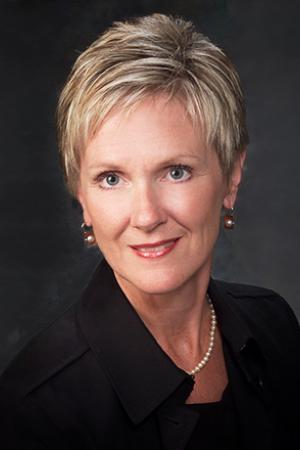
Be sure to consider Medication Side Effects
Many diseases, or the drugs used to treat them, can inhibit your sexuality by reducing arousal or your ability to reach orgasm.Few of us are comfortable discussing sexual side-effects with our doctors, but it is well worth the conversation.
Illnesses that can particularly affect your sexuality are those that bring chronic pain, dizziness or nausea, like diabetes, or neurological diseases like multiple sclerosis. Responsiveness and orgasm are often diminished by surgeries, too, most commonly by gynecological and cancer surgeries and treatments.
Drugs designed to dry the mucus membranes in your nose and mouth—cold and allergy medications—will dry the vagina, which has a mucus membrane as well.
Estrogen-suppressing drugs throw your body into a menopause-like state, reducing circulation and lubrication in vaginal tissues.
Cigarette smoke and alcohol reduce blood flow, and with it, lubrication.
Medications for high blood pressure, depression, ulcer, and endocrine disorders have libido-dampening effects.
How To
Managing medical sexual side-effects begins with awareness of when your sexual functioning began to wane. If you can match your change in function to the use of a new medication or to a particular medical event, that will help.Work with your doctor to understand any connection you suspect between your medical condition, your treatments, and your sexual response. Never stop treatments without discussing it with your doctor first, of course.
Your doctor may be able to offer alternative treatments or schedule your treatment to allow for regular sexual "holidays" each week. Your sexual health is worth the extra effort to find a treatment that works for you.
Your partner in midlife wellness,
Dr. Barb
